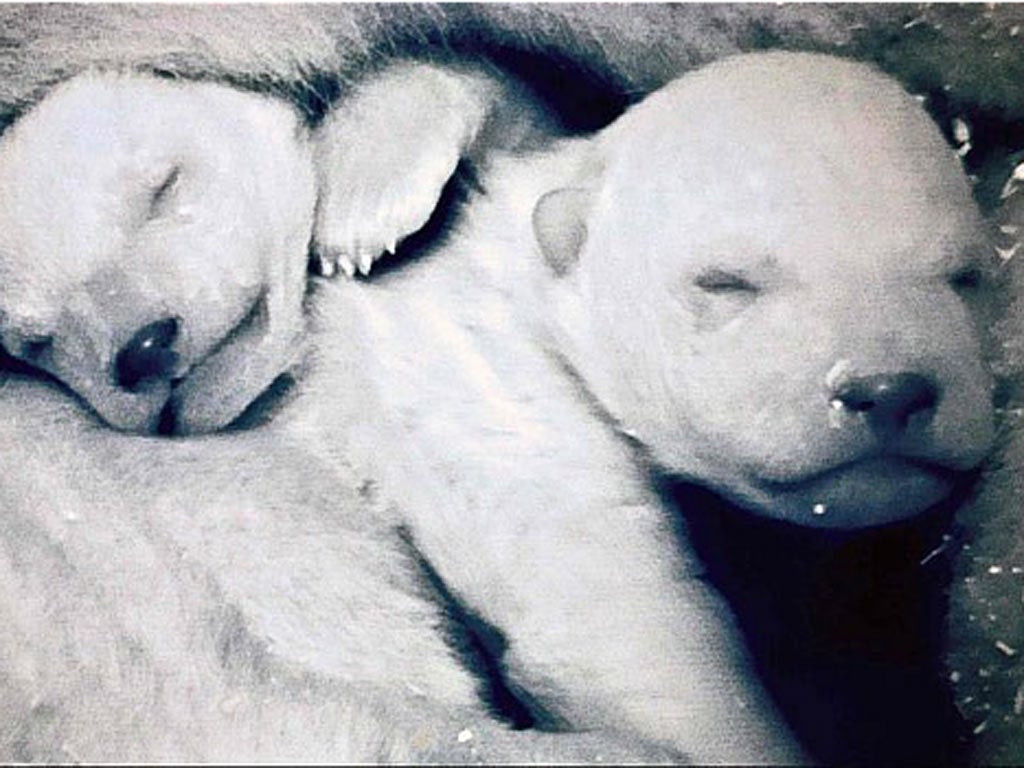BBC denies 'fake' polar bear scene was misleading

Your support helps us to tell the story
From reproductive rights to climate change to Big Tech, The Independent is on the ground when the story is developing. Whether it's investigating the financials of Elon Musk's pro-Trump PAC or producing our latest documentary, 'The A Word', which shines a light on the American women fighting for reproductive rights, we know how important it is to parse out the facts from the messaging.
At such a critical moment in US history, we need reporters on the ground. Your donation allows us to keep sending journalists to speak to both sides of the story.
The Independent is trusted by Americans across the entire political spectrum. And unlike many other quality news outlets, we choose not to lock Americans out of our reporting and analysis with paywalls. We believe quality journalism should be available to everyone, paid for by those who can afford it.
Your support makes all the difference.The BBC moved yesterday to protect one of its most valuable brands, amid claims that scenes shown on Sir David Attenborough's acclaimed series Frozen Planet were filmed in a Dutch animal park and not in the wild.
Eight million viewers saw images of a polar bear caring for her newly-born cubs in scenes that were juxtaposed with pictures of the Arctic. The fact that the cubs were filmed in a man-made den in Holland was only revealed in an accompanying clip on the BBC's website.
"Beeb Faked Frozen Planet" claimed a front page headline in yesterday's Daily Mirror, a story that was widely followed up. The paper quoted Sir David's commentary accompanying pictures of the cubs, in which he said: "But on lee-side slopes beneath the snow new lives are beginning. The cubs are born blind and tiny. An early birth is easier on the mother." On the BBC's website viewers marvelled at how the camera crew had apparently got so close to the newborns.
The allegations are potentially hugely damaging for the BBC, which licensed the most recent series of Frozen Planet to 30 networks around the world. Yesterday Sir David went on ITV's This Morning to justify the way the footage was obtained. "It's not about patience, it's about safety," he said. "Safety of the polar bears and safety of the camera crew. If you had a camera in there, the mother may have killed the cub or the camera man."
In a further effort to limit the damage, the BBC argued that the television script had been written in a way that did not mislead viewers. "The commentary accompanying the sequence is carefully worded so it doesn't mislead the audience and the way the footage was captured is clearly explained on the programme website," said a spokeswoman.
i was told that Natural History viewers had told the BBC that they did not like the "flow" of programmes to be interrupted by details of where sequences were filmed.
Join our commenting forum
Join thought-provoking conversations, follow other Independent readers and see their replies
Comments